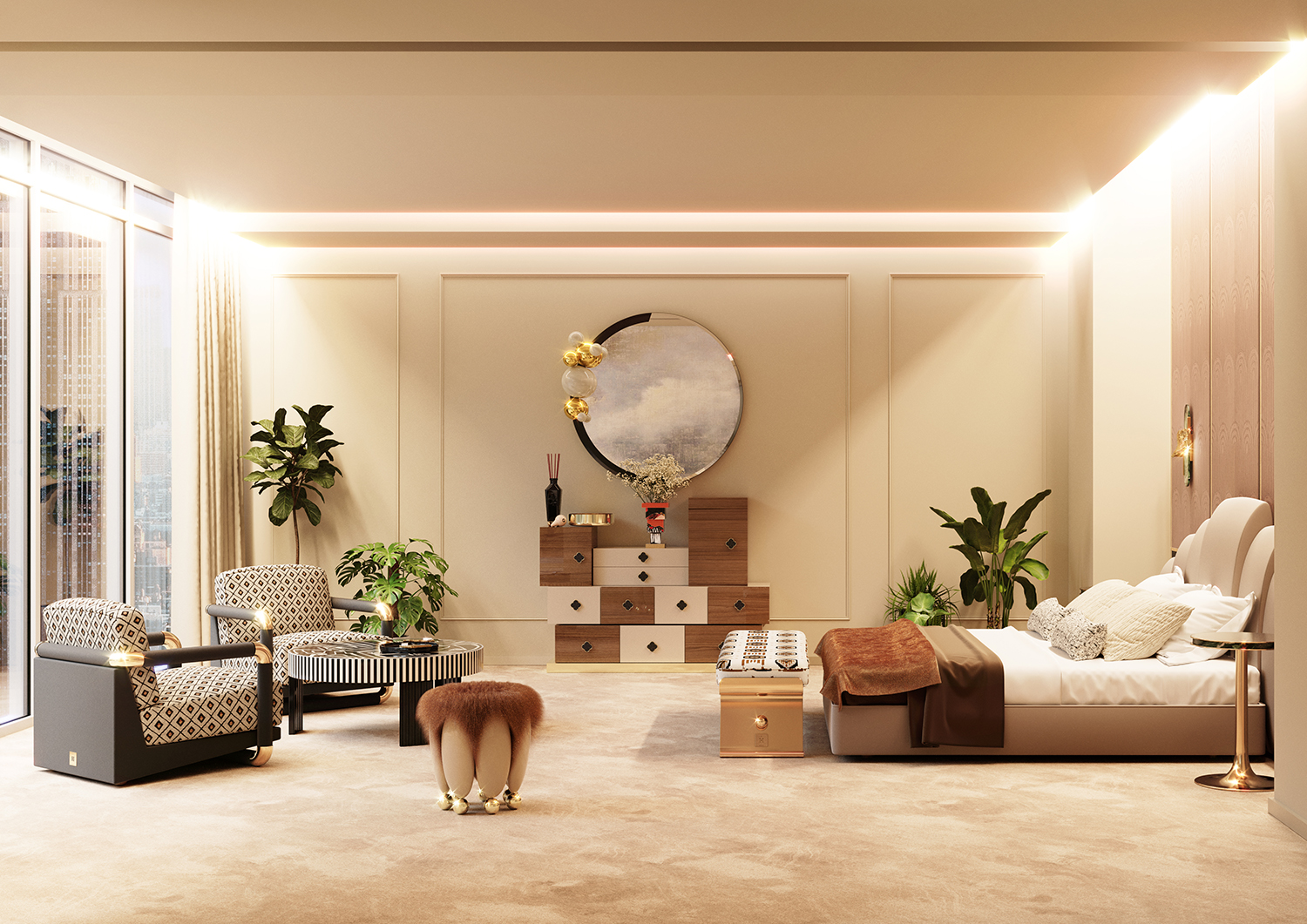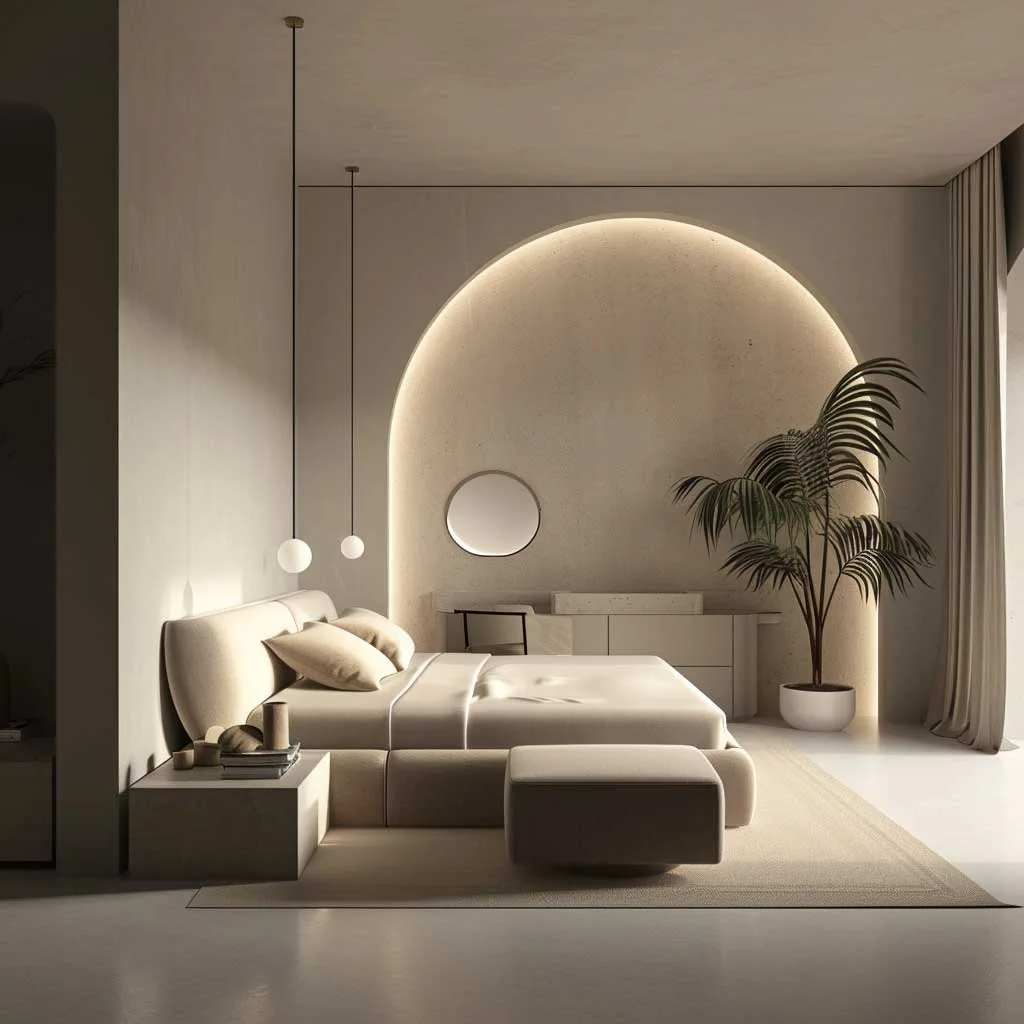Work with expert interior design firms for a customized aesthetic.
Wiki Article
Transform Your Home With Necessary Concepts of Inside Layout and Visual Appeals
The art of changing your home with the crucial concepts of interior decoration and aesthetic appeal calls for a thoughtful approach that harmonizes color, equilibrium, and spatial awareness. By understanding the effect of shade concept and the relevance of structure and patterns, one can produce areas that are not just visually appealing but also deeply personal. Attaining this equilibrium involves greater than plain decor; it incorporates a critical setup and an eager understanding of exactly how each element communicates within a space. As we discover these fundamental ideas, think about exactly how they may redefine your understanding of home and individual expression.Understanding Shade Theory
Comprehending the concepts of color concept permits designers to produce rooms that resonate psychologically with residents while satisfying useful requirements. Each group plays a vital duty in establishing harmony within an area.The emotional effect of shades is extensive; cozy shades such as reds and oranges stimulate power and heat, while amazing tones like blues and greens promote calmness and harmony. In addition, making use of complementary colors boosts aesthetic interest, creating striking contrasts that can raise a space's charm.
Neutral shades, on the various other hand, serve as a flexible backdrop, enabling various other layout elements to shine. It is necessary to think about aspects such as lighting and the room's purpose when selecting a color palette, as these can alter the perception of colors throughout the day.
Ultimately, a well-considered color pattern can transform a room, cultivating a feeling of convenience and design that straightens with the citizens' choices. Mastery of color theory is, for that reason, an important skill for any indoor developer aiming to create harmonious and welcoming settings.
Accomplishing Balance in Design
Exactly how can designers attain a feeling of balance in their rooms? Accomplishing balance in layout is fundamental to developing unified interiors.Unbalanced balance, on the various other hand, relies upon varying elements that still achieve a natural appearance. This technique permits even more vibrant and informal arrangements, giving interest while keeping equilibrium. By carefully choosing varying dimensions, colors, and structures, developers can create a visually engaging area that really feels balanced yet energetic.
Radial equilibrium emphasizes a central focal factor with aspects emitting outward. This style is generally seen in circular designs, where furnishings and design develop a natural surround that draws the eye inward.
Inevitably, achieving balance needs thoughtful factor to consider of scale, proportion, and the connections in between components. Architecture Firm. By skillfully applying these balance principles, designers can change rooms into environments that feel both visually pleasing and functionally unified, boosting the total experience for occupants
Significance of Spatial Understanding

An eager feeling of spatial recognition allows designers to determine focal factors within an area, leading the viewer's attention to essential features while keeping a total sense of unity. It also assists in the strategic positioning of lights, which can drastically affect the understanding of area and mood. Recognizing spatial connections makes it possible for the developer to provide to the certain requirements of residents, guaranteeing that each area offers its see this page desired function without compromising aesthetic appeals.
Ultimately, spatial awareness is crucial for making best use of the possibility of any type of interior space. By meticulously thinking about the interplay between dimensions, layout, and feature, designers can develop settings that not only meet functional demands but additionally stimulate a sense of comfort and elegance, boosting the total living experience.
Integrating Appearance and Patterns
Accepting a diverse variety of structures and patterns can considerably improve the aesthetic and responsive appeal of an indoor space. The critical usage of numerous products-- such as timber, metal, material, and stone-- develops depth and passion, making a space really feel more welcoming and vibrant. Integrating smooth surfaces with rough appearances can establish an equilibrium that draws the eye and involves the senses.When including patterns, consider both range and repetition. Big patterns can offer as prime focus, while smaller, subtle layouts can complement other components without overwhelming the area. Layering patterns, such as pairing flower cushions with candy striped tosses, includes intricacy and a sense of harmony if executed attentively.
It is also important to preserve a cohesive color scheme, guaranteeing that structures and patterns interact as opposed to complete for focus. By picking a few crucial structures and patterns, you can produce a combined aesthetic that reflects your individual style while improving the overall ambiance of the room. Inevitably, the mindful unification of these aspects can transform a mundane room right into an advanced atmosphere rich with personality and heat.
Customizing Your Space
Creating a room that shows your character is vital to attaining a truly welcoming atmosphere. Personalization in indoor layout enables you to find out instill your special style and passions into your home, changing it from a simple shelter right into a haven that talks to that you are. Begin by choosing a color combination that resonates with your emotions-- bold tones can stimulate, while soft tones offer harmony.Incorporate art work and design that show your interests, whether it be traveling, nature, or abstract concepts. Showing individual collections, such as books, photos, or keepsakes, can evoke cherished memories and produce prime focus within a room. Furthermore, consider tailoring useful items, like upholstered furnishings, to straighten with your visual preferences.

Final Thought
In conclusion, the makeover of a home via the essential concepts of interior decoration and aesthetic appeal necessitates a comprehensive understanding of shade theory, balance, spatial awareness, appearance, and personalization. Each component contributes significantly to developing a harmonious and functional living environment - interior design firms. By thoughtfully integrating these concepts, individuals can boost the visual appeal and psychological about his vibration of their areas, inevitably fostering a home that shows unique identities while supplying comfort and functionalityReport this wiki page